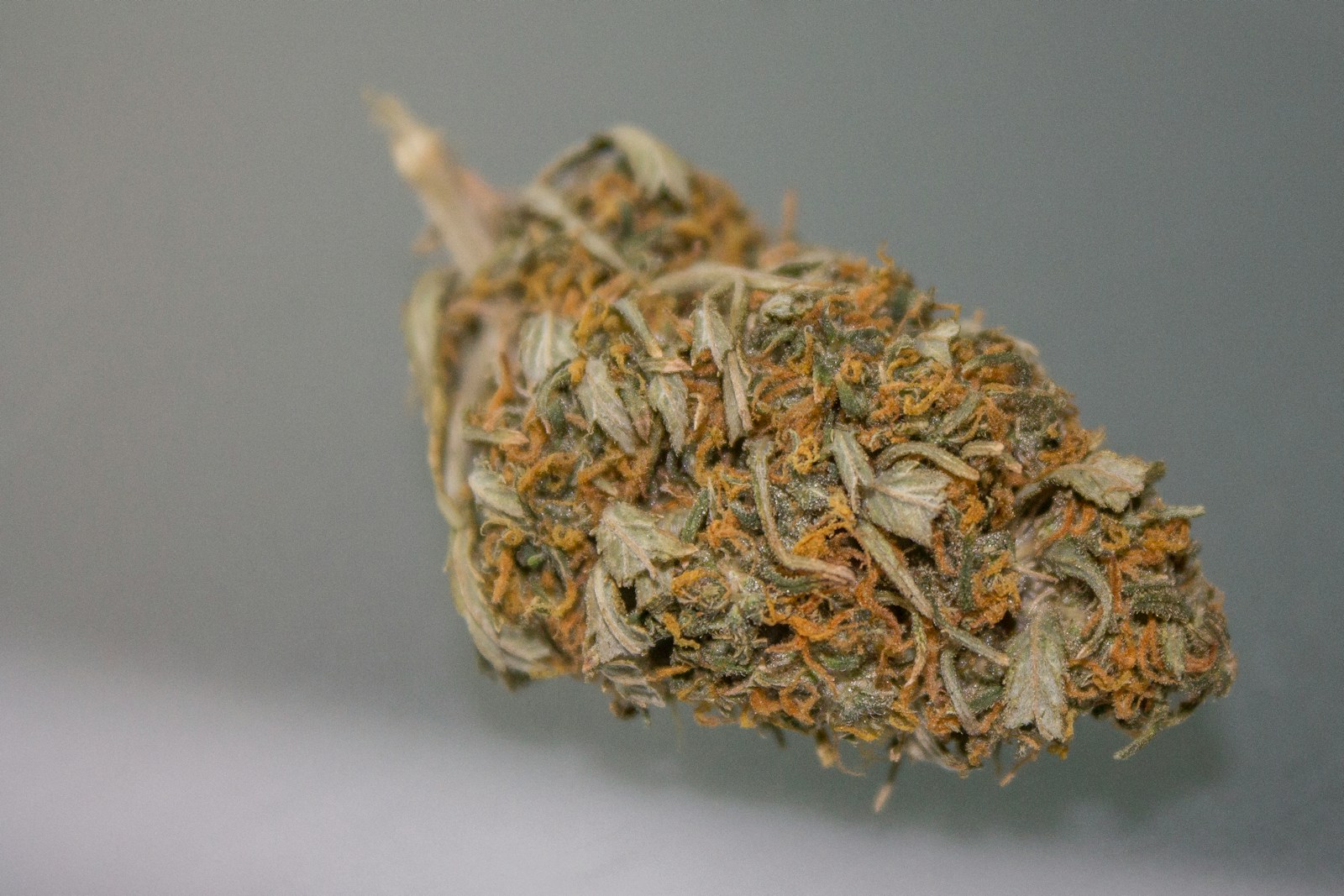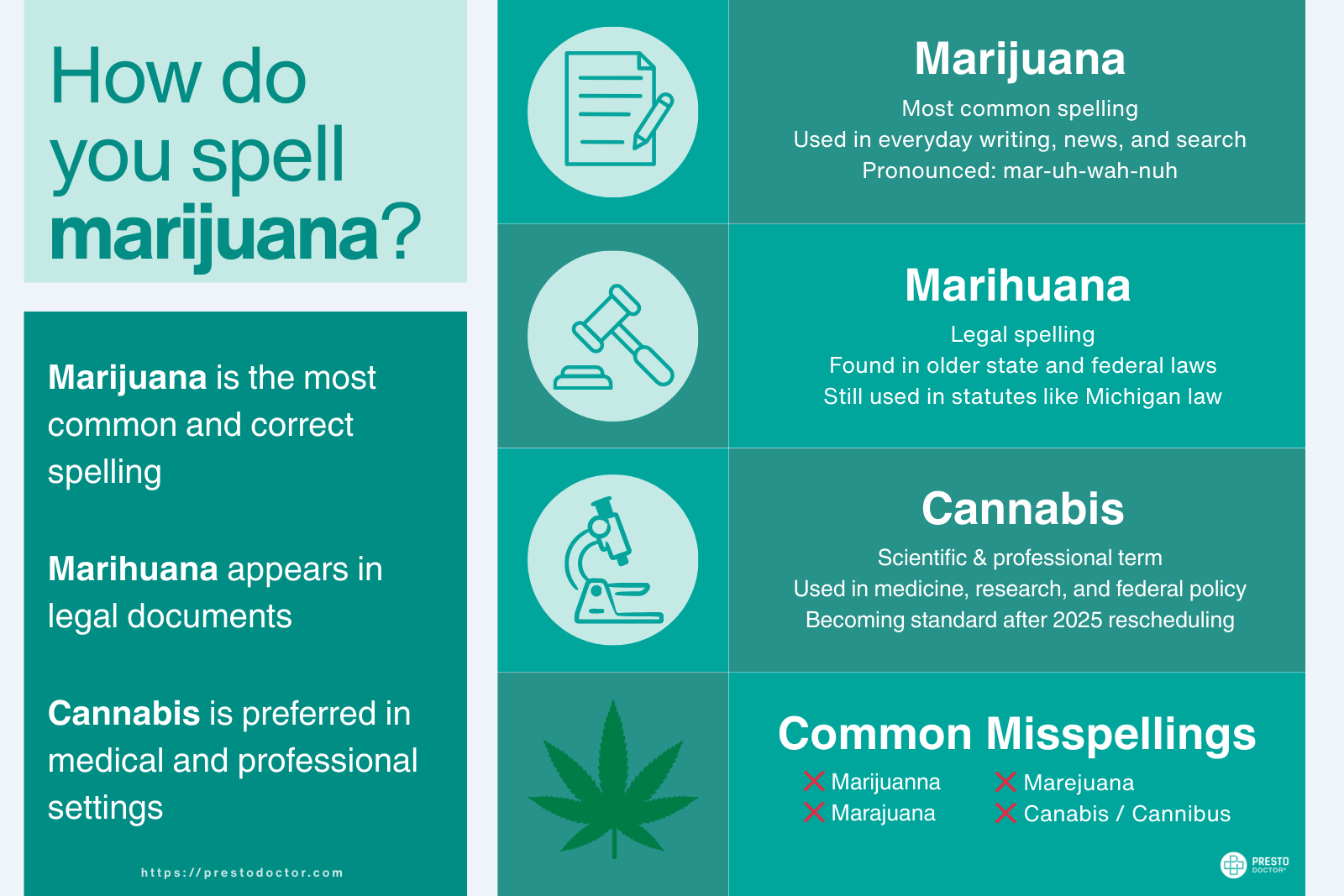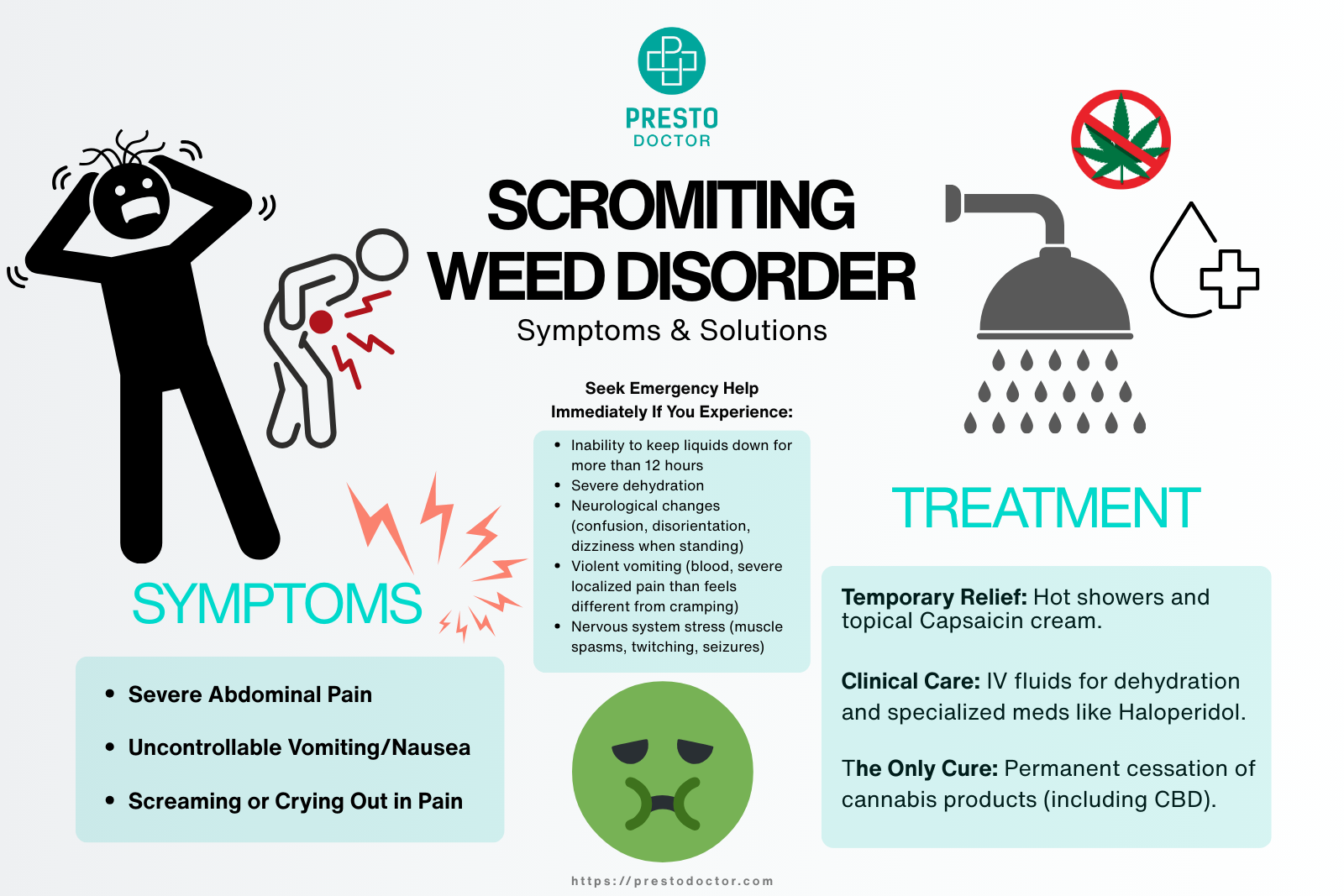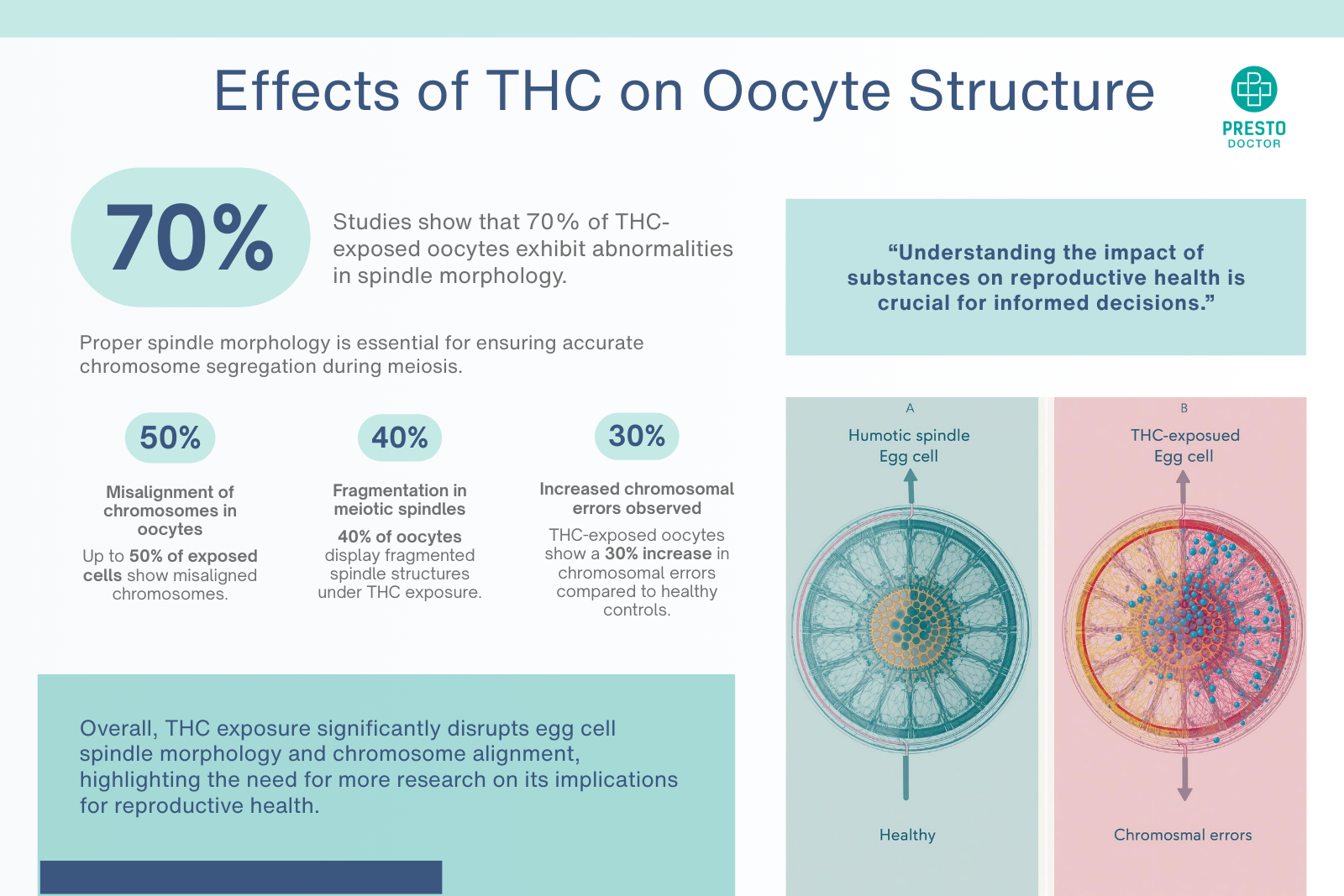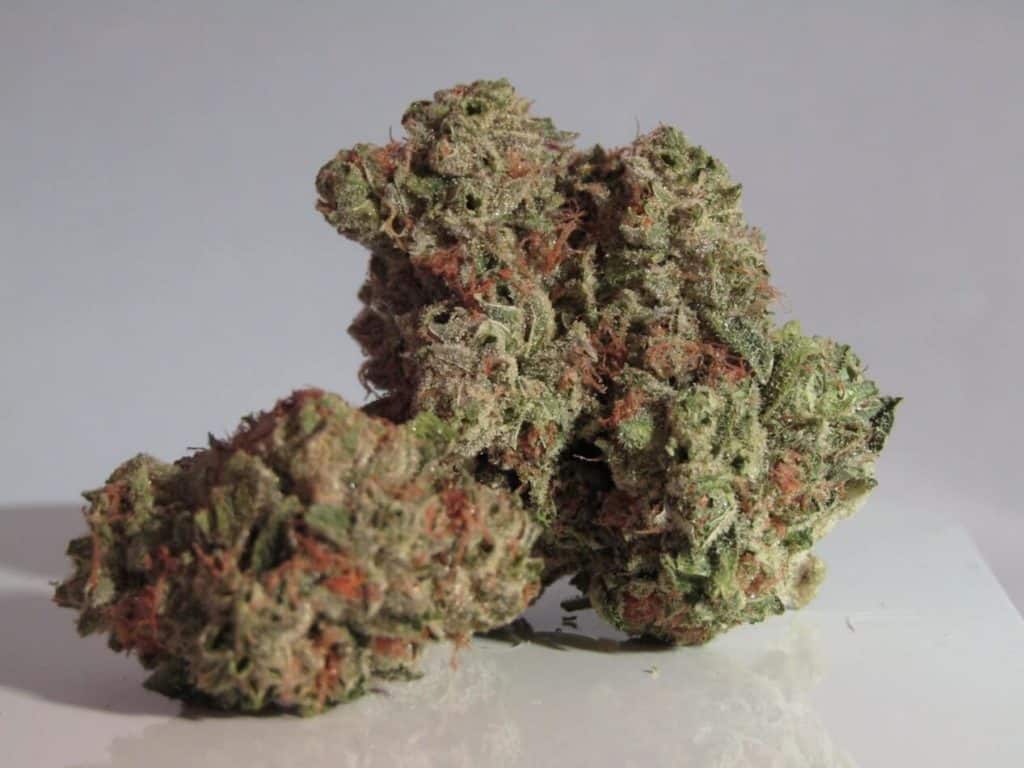
The benefits of medical cannabis continue to receive studies we’ve long hoped for. In recent years, patients and families suffering from opioid addiction turned to marijuana. With additional studies lending support to the claim, a proof of concept exists on, at least, an anecdotal level. Going beyond opioids, a medical or adult use market could help diminish the use of synthetic cannabinoid use.
The use of synthetics with names like K2, spice and hundreds more, have been a lingering issue for some years now. With the problem persisting, people are wondering if legal cannabis consumption could diminish the use of synthetic cannabis products.
The Struggle in Stopping Synthetic Cannabinoid Use

While you may hear K2, spice and others being called synthetic cannabis, it’s actually synthetic cannabinoids. Instead of consuming THC, a user is ingesting a chemically engineered substance that gives similar effects without falling into the illegality of a “scheduled narcotic” like marijuana. Often, the products can skirt laws by branding themselves as incense or potpourri of sorts. From there, they land into the unwitting hands of users, and the outcome is a dice roll every time.
Instead of binding to the brain’s receptors in the way that THC would, these synthetic cannabinoids can bind much tighter to receptors. The short and long-term effects can include a loss of consciousness, hallucinations, strokes and seizures, to name a few. In addition to consuming a cannabinoid with no known medical benefits, synthetic users run the risk of consuming chemicals and other unnatural additions to the cannabinoid. With producers constantly looking to skirt federal regulations, the blend of a synthetic could change at any time!
Despite the known hazardous effects of K2, spice and others, users continue to seek out synthetics. With a low price point, and ease of access, customers turn to synthetics to get high without any of the medical relief THC, CBD and other cannabinoids are proven to achieve. Instead, synthetic users can find themselves in much worse scenarios.
The Effects of Spice, K2 and Other Synthetic Cannabinoids
With little regulation, and synthetics often smuggled in from producers in Asia, fake marijuana products have no oversight. Once they reach the U.S., Europe, Canada and beyond, they are often rebranded under a new name. Making the matter worse, the contents in one package are not guaranteed to be the same in the next. As the Center for Disease Control told ABC News, “There are no standards for making, packaging, or selling synthetic cannabinoid chemicals. That means that two packets of a brand-named product may have completely different chemicals.”
 The effects of K2, spice and others on the body are a long, grim and sometimes puzzling list. Recent news has detailed troubling stories including the UK’s youngest person, 14, to succumb to the dangerous effects of spice. The effects of K2 or spice appear to be at hand in Illinois, Pennsylvania, Connecticut, Maryland and beyond, where over hundreds of users have experienced severe bleeding and overdoses from synthetic cannabis. The belief is that this batch of spice or K2 was laced with rat poisoning which has gripped Illinois in particular.
The effects of K2, spice and others on the body are a long, grim and sometimes puzzling list. Recent news has detailed troubling stories including the UK’s youngest person, 14, to succumb to the dangerous effects of spice. The effects of K2 or spice appear to be at hand in Illinois, Pennsylvania, Connecticut, Maryland and beyond, where over hundreds of users have experienced severe bleeding and overdoses from synthetic cannabis. The belief is that this batch of spice or K2 was laced with rat poisoning which has gripped Illinois in particular.
In addition to severe physical and mental effects, users can become addicted to synthetic cannabinoids as well. Unlike marijuana, the synthetic cannabinoids can leave users with intense withdrawal symptoms when attempting to quit. Despite the reported decline in spice use, frequent stories like the ones above highlight the extreme dangers that come with synthetic cannabis consumption.
The continued occurrence of synthetic marijuana based injuries and deaths are a cause for public concern. With the population in America showing an openness to cannabis, could expanded access be key in stopping synthetic cannabinoid consumption?
Is Legal Cannabis the Key to Stopping Synthetic Cannabinoids?
In 2016, Stewart Martin told Vice that, “Ninety-nine percent of the time, the only reason folks would have anything to do with it was because they couldn’t smoke regular marijuana while they were on probation.” In prison, Martin learned that K2 and spice dominated the cell blocks as an easy-to-hide man-made drug.
![]() New York City Harm Reduction Specialist, Paula Santiago, agreed when she spoke to Vice. After seeing addiction waves from the 1980s to today grip the city, Santiago wants to make one thing clear about synthetics: “The only thing that happens when someone uses marijuana is they get really hungry or really funny or really stupid,” she said, “as opposed to someone on K2 saying, ‘The guy in front of me has become a worm,’ or hallucinating that they are falling through the floor.” For this reason, and others, she endorses legalizing cannabis.
New York City Harm Reduction Specialist, Paula Santiago, agreed when she spoke to Vice. After seeing addiction waves from the 1980s to today grip the city, Santiago wants to make one thing clear about synthetics: “The only thing that happens when someone uses marijuana is they get really hungry or really funny or really stupid,” she said, “as opposed to someone on K2 saying, ‘The guy in front of me has become a worm,’ or hallucinating that they are falling through the floor.” For this reason, and others, she endorses legalizing cannabis.
However, Colorado could dampen those thoughts just a bit. In 2016, despite legalizing cannabis for adult use, the state still faced a K2 and spice problem. Some belief is that synthetic products remained popular as its often changing ingredients allowed users to skirt drug tests while still getting high. However, proponents are likely to stay onboard with that cause. After 2017, New York University Langone Medical Center study revealed that one in five students are using K2 or spice at a rate of 20 to 30 times per month.
Closing Thought
With no clear answers in sight, federal and local raids of stores and sellers continue in the effort to get synthetics off the streets. However, efforts by the authorities are not preventing deaths and injuries across the globe. A new approach needs to be taken to drive synthetic cannabinoid use down further than it already is.
While the Colorado news from 2016 raises questions, more concerns should arise from the public health risk posed by synthetics. The side effects of K2, spice, and others are sure to continue unless a more aggressive approach is taken. As the war on drugs taught us, more crackdowns don’t lead to the problem going away. Another concept needs to be adopted to end synthetic cannabinoid use. It is understandable that we must wait to see if cannabis actually is key in stopping synthetic cannabinoids. However, one thing is clear: nothing has worked to date. So, isn’t it time to consider the option that’s helping curb opioid addiction? We’ll leave that up to you and the lawmakers to decide.
If you are a California, Nevada or New York resident and would like to get your medical marijuana card, we’re here to help! Contact us today to get started.

